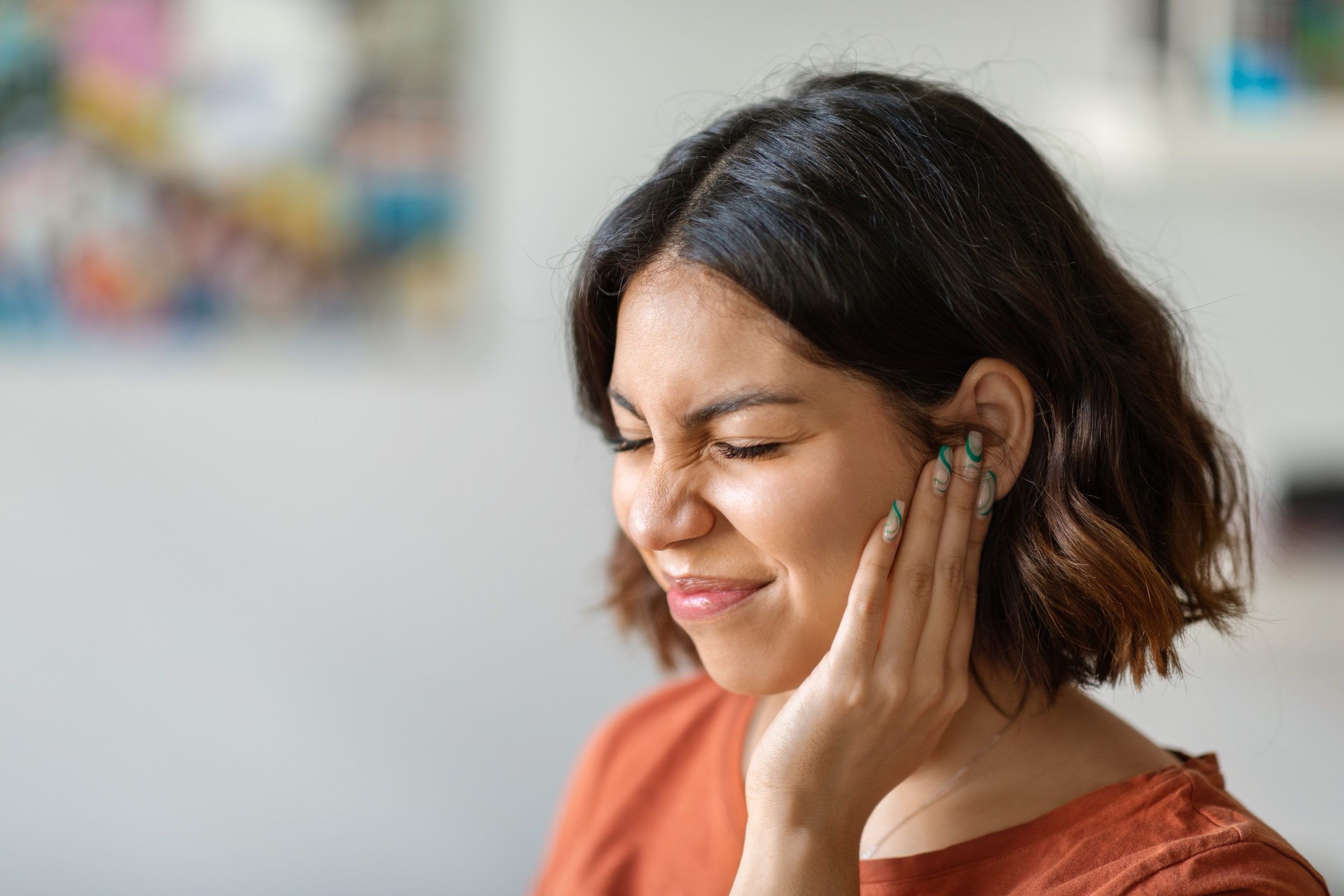Melanin, genetics, and the stress we put on our bodies all contribute to the natural process of hair graying. Understanding these factors can empower us to explore ways to potentially delay or manage the onset of gray hair.
While genetics, a key player, determine a significant part of this process, our lifestyle choices such as diet, stress management, and avoiding smoking can also influence how and when our hair begins to gray.
What Determines Our Hair Color?
Hair color is determined by a pigment called melanin, which is produced in the hair follicles from an amino acid called tyrosine. There are two types of melanin: eumelanin, which is responsible for brown to black hair colors, and pheomelanin, which is responsible for blonde and red hair colors.
The type and quantity of melanin each person produces are dictated by genes inherited from our parents. These genes instruct melanocytes, the cells in hair follicles, on the type and amount of melanin to produce. This is why certain hair colors are often seen with specific skin colors. As we age, the production of melanin decreases, leading to the graying of hair.
Is It Possible to Prevent Hair from Turning Gray?
Just as hair color is genetically determined, genetics play a significant role in deciding when the follicles will stop producing melanin. If one or both of your parents have gray or white hair, chances are you will, too. However, other contributing factors to graying include:
- Smoking: Smokers are more than twice as likely as non-smokers to start going gray before age 30.
- Diet: Free radicals damage cells and have been implicated in graying. Consume fresh fruits and vegetables, olive oil, and green tea to reduce free radicals.
- Vitamin and Mineral Deficiencies: Deficiencies in certain vitamins and minerals, such as vitamin B12 and vitamin D, have been associated with premature graying. These nutrients are essential for the production of melanin and the health of your hair follicles. If you’ve noticed white hairs before age 30 and that is not common in your family, consider being tested for blood levels of thyroid hormone (TSH), copper, vitamin B12, and vitamin D. Gray hair from vitamin B12 deficiency can be partially reversed when the deficiency is adequately addressed (shots of B12 supplement).
- Stress: Stress is associated with gray hair. Coping with stress through a healthy diet, exercise, and relaxation techniques can lower stress hormone levels.
Can Gray Hair Be Prevented?
While you can’t change your genetics, specific lifestyle changes may help delay the onset of gray hair:
- Quit Smoking: Reducing or eliminating smoking can decrease your chances of premature graying.
- Healthy Diet: Eating a balanced diet rich in antioxidants from fresh fruits, vegetables, olive oil, and green tea can reduce cell damage from free radicals.
- Address Nutritional Deficiencies: Ensuring adequate levels of key vitamins and minerals like B12 and D can help prevent premature graying. If you notice early graying, consider getting tested.
- Manage Stress: Adopt healthy stress management techniques such as regular exercise, meditation, and adequate sleep to keep stress hormone levels in check.
Conclusion
While genetics play a significant role in when and how your hair turns gray, it’s important to remember that other factors like smoking, diet, nutritional deficiencies, and stress also contribute.
By making conscious and healthy lifestyle choices, you can potentially delay the onset of gray hair and maintain your natural hair color for longer, giving you a sense of control over your hair health.
Get Professional Advice on Gray Hair with QuickMD
For personalized and expert advice on managing premature graying and overall health, QuickMD’s telemedicine urgent care services are here to provide you with the reassurance and confidence you need. Consult with a QuickMD provider today to explore your options for maintaining healthy hair and addressing any underlying health concerns, knowing that you’re in capable hands.
Concerned about premature gray hair? Visit QuickMD today to schedule your telemedicine appointment and get expert guidance on managing gray hair and improving your health.
















